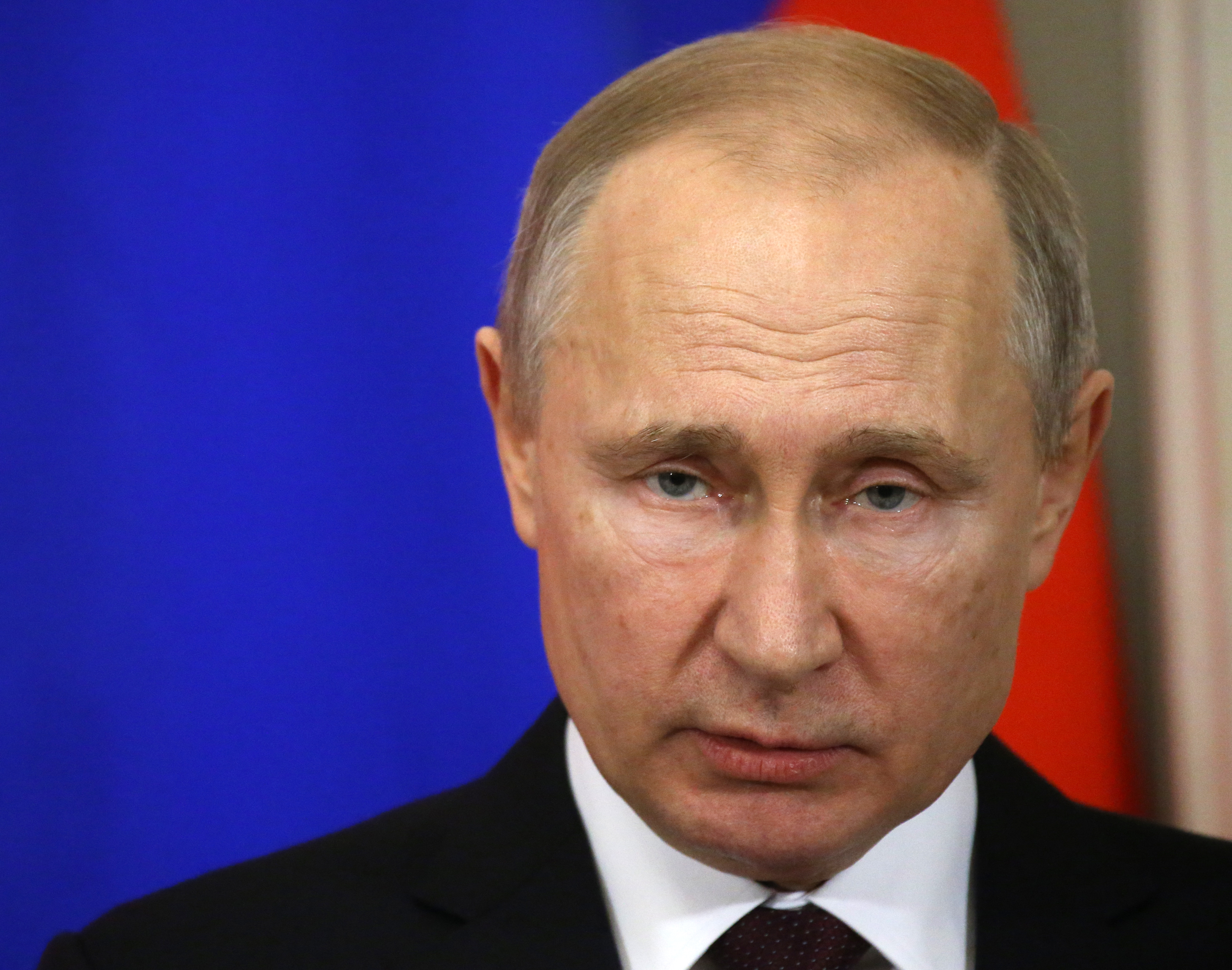Since the news broke that the Chicago White Sox had thrown the 1919 World Series, has the sports world had a nastier week? Or should we forget even that qualification? The Black Sox scandal seriously damaged major-league baseball, but last week the NFL, the NBA and the Tour de France all took headline hits. The National Hockey League and Thoroughbred racing got off easy: brothers Eric and Jordan Staal (of the Hurricanes and Penguins, respectively) merely got arrested for disorderly conduct at a bachelor party, and at New York's Saratoga Race Course, only one horse, the 7-year-old Massoud, fell and had to be euthanized.
The federal indictment of Atlanta Falcons quarterback Michael Vick for his alleged involvement in a dogfighting ring was both the most horrific and least significant of last week's scandals. The indictment, which alleges that dogs were shot, hanged and electrocuted, could land Vick six years in prison and a $350,000 fine, which seems lenient if the allegations are true. (He pleaded not guilty.) But what happens when Vick gets his day in court will affect only the Falcons. The FBI investigation of NBA referee Tim Donaghy, who's suspected of conspiring with bookies to profit on games in which he officiated, has called into question the integrity of the game. One New York Knicks veteran, who requested anonymity for fear of reprisal from the league, believes Donaghy might not be the only dirty ref: "Many times I can predict what kind of night I'm going to have by who the refs are. I'm not saying they're all crooked—but he ain't the only one." This veteran has no evidence, and to make such a charge before last week would have been deemed outrageous. This week some players feel vindicated. "I'm not happy about it," Denver Nuggets superstar Allen Iverson tells NEWSWEEK, "because it makes the entire game look bad, but hopefully those people who think it's just the players that cause problems will think twice."
The Donaghy scandal probably won't bring down the NBA, but don't bet on—or is that an unfortunate way to put it?—the future of the Tour de France. Last week Kazakhstan's star cyclist Alexandre Vinokourov tested positive for blood doping; his team quit the race, as did Cristian Moreni's team after the Italian failed a doping test. The leader, Denmark's Michael Rasmussen, was sent home by his team after apparently lying about where he was when he missed scheduled drug tests.
Baseball could have had a happy week—Tom Glavine inched one victory away from 300; Alex Rodriguez closed in on 500 homers—if not for Barry Bonds. He needed one home run to tie Hank Aaron's record of 755, and if anyone but Bonds and Giants fans was thrilled, you'd have never known it. Aaron himself was boycotting, and Baseball Commissioner Bud Selig attended Giants games holding his nose and making clear his outrage over steroid use—which Bonds has never admitted. Another reason no Little Leaguer dreams of growing up to be Bud Selig: do you go and tacitly condone performance enhancers, or do you kiss off baseball's biggest moment? Last weekend—lucky guy!—he had induction ceremonies at Cooperstown.
Might all this have something to do with Bonds's race? Just a wild guess, but sure. Aaron got enough death threats the year he broke Babe Ruth's record to be given a bodyguard—and he was more the relatively bland Floyd Patterson than the in-your-face Jack Johnson. But does race explain it all? When the white Roger Maris beat Ruth's single-season record, even some Yankees fans hated him for surpassing not only his predecessor but teammate Mickey Mantle. Which is a bigger threat to our sense of certainty: a bulked-up black man, or the overthrow of baseball's gold standard? What do we really hate when we boo Bonds? Wealth and privilege and cheating (they're becoming indistinguishable), defiance, getting above one's station—and also unapologetic excellence. That is, we hate ourselves: for our own furtive greed and evasions of fair play and for our very furtiveness, to which Bonds's arrogance is a rebuke.
At the end of the week, there seemed only one way to make everybody happy: after hitting No. 754, Bonds should have retired his No. 25 and his aching 43-year-old body. This was proposed—with no hope at all—by, among others, documentarian Ken Burns, maker of PBS's 1994 series "Baseball." "It liberates us," Burns says, "from having to carry around the burden of this anger—and it would be good for Bonds. He'd be a hero for all time, like George Washington ... giving up the presidency after two terms." (Well, we said we'd pass it on. Too late now.) The Bonds episode "tells us a lot about who we are," Burns argues. "We're this interesting combination of the puritanical and the prurient. Bonds brings out our worst, most sanctimonious character. The booing is supposed to be this fresh expression of a noble people rejecting fraudulence." You could say the same thing about all of last week's blasphemies against the "Field of Dreams" myth: sports as a timeless Eden, all Saint Georges and no dragons. Sure, banish the cheaters—if we're sure that juiced-up batters never competed with other juiced-up batters or faced juiced-up pitchers—and lock up alleged torturers of animals, far more evil than shavers of points. But why kid ourselves? If there are still towheaded lads pleading Say it ain't so, Joe, wasn't last week a teachable moment?
Uncommon Knowledge
Newsweek is committed to challenging conventional wisdom and finding connections in the search for common ground.
Newsweek is committed to challenging conventional wisdom and finding connections in the search for common ground.
About the writer
To read how Newsweek uses AI as a newsroom tool, Click here.





